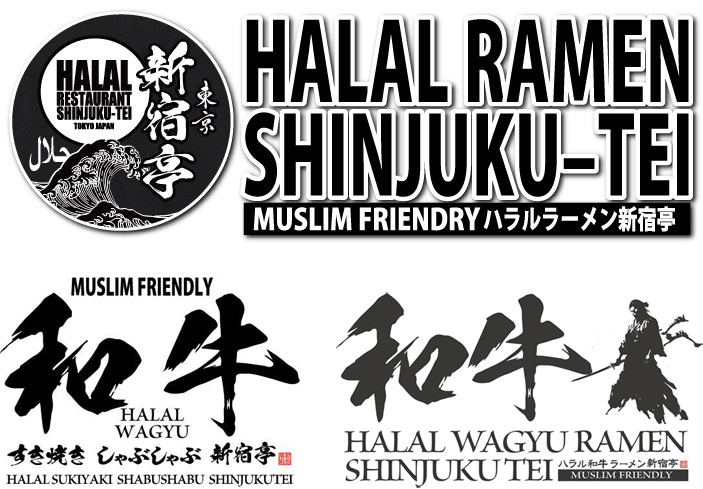
-
Shinjuku-tei
Currently, the halal market has a global population of over 1.8 billion (25% of the world's population). We spoke to Keito Tanaka of KenCompany LLC, who is in charge of public relations for Halal Ramen Shinjuku-tei, which is tapping into this market inbound, about recent inbound trends in Japan.
<The birth of Shinjuku-tei>
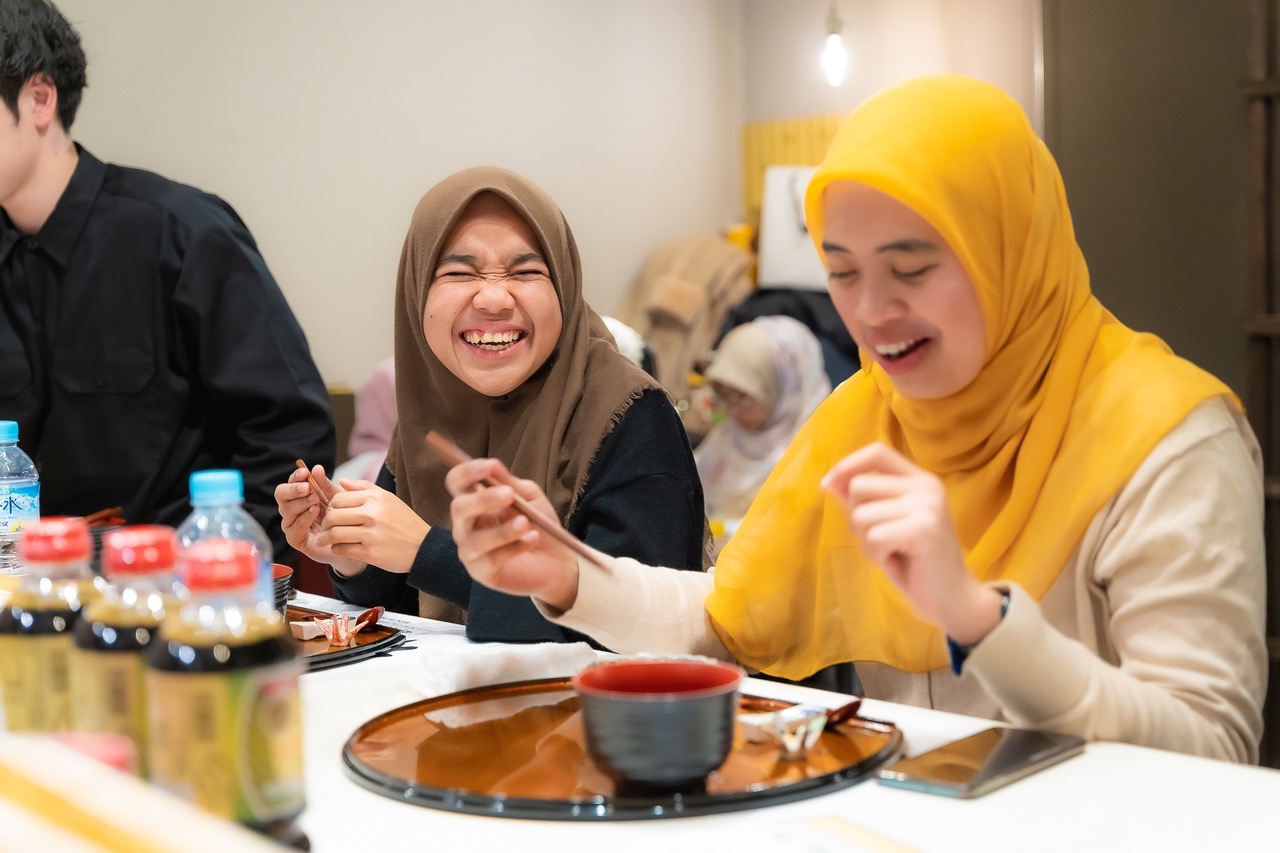
We are engaged in a variety of business categories and license businesses across the group. With the number of inbound customers returning to Japan after Corona and increasing even more than before, we want to introduce Japanese culture for more people from all over the world.
We did some research and found that there were three popular halal specialty ramen restaurants in Tokyo, but compared to the number of visitors to Japan, there were very few. So, we started the development of Shinjuku-tei concept and opened the first restaurant in September last year. Next, we opened the sukiyaki and shabu-shabu restaurant HALAL WAGYU RESTAURANT SHINJUKU-TEI AKASAKA. The third restaurant is Halal Wagyu Ramen Shinjuku-tei Tokyo Shinjuku, which focuses even more on wagyu beef than the first Halal Ramen Shinjuku-tei.
Halal Ramen Shinjuku offers ramen as well as curry and vegan menus.
Currently, all three outlets attract mostly tourists from halal countries, although some Westerners also come.
.
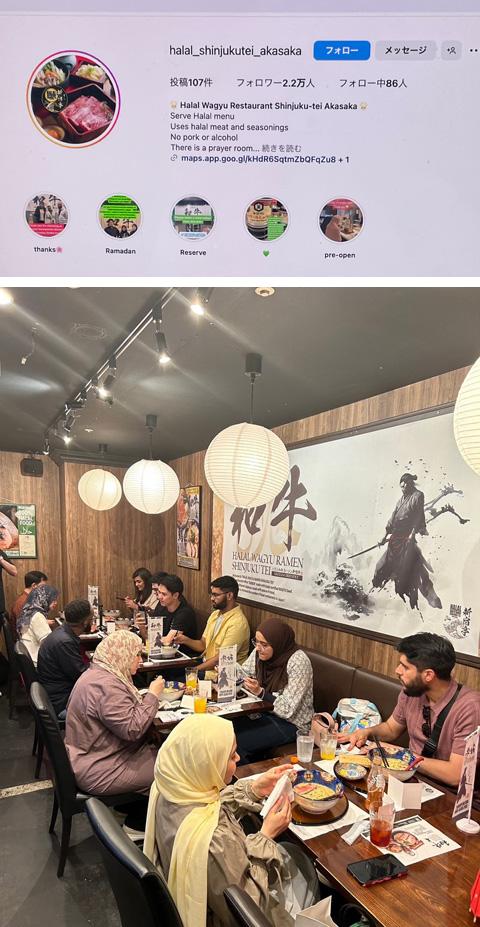
It is not that there is no specific PR for Japanese, but at present there are very few Japanese customers.
Our group company helps not only our brands but also other restaurants to attract customers and operate media specializing in food and drink. Shinjuku-tei attracts customers via Instagram. To be precise, we only use Google Maps and Instagram, we ourselves are most surprised that so many international customers visit our shops.
We have also received very positive feedback, such as “It was delicious!” and the positive feedback from customers has led to other customers coming to our restaurants.
The positive feedback motivates the colleagues working at Shinjuku-tei, leading to a positive spiral of improved quality and service.
Many of the staff at the restaurant are also from halal countries, and they feel safe working because of the ‘no alcohol, no pork origin’ environment.
<Bringing Japanese culture overseas>
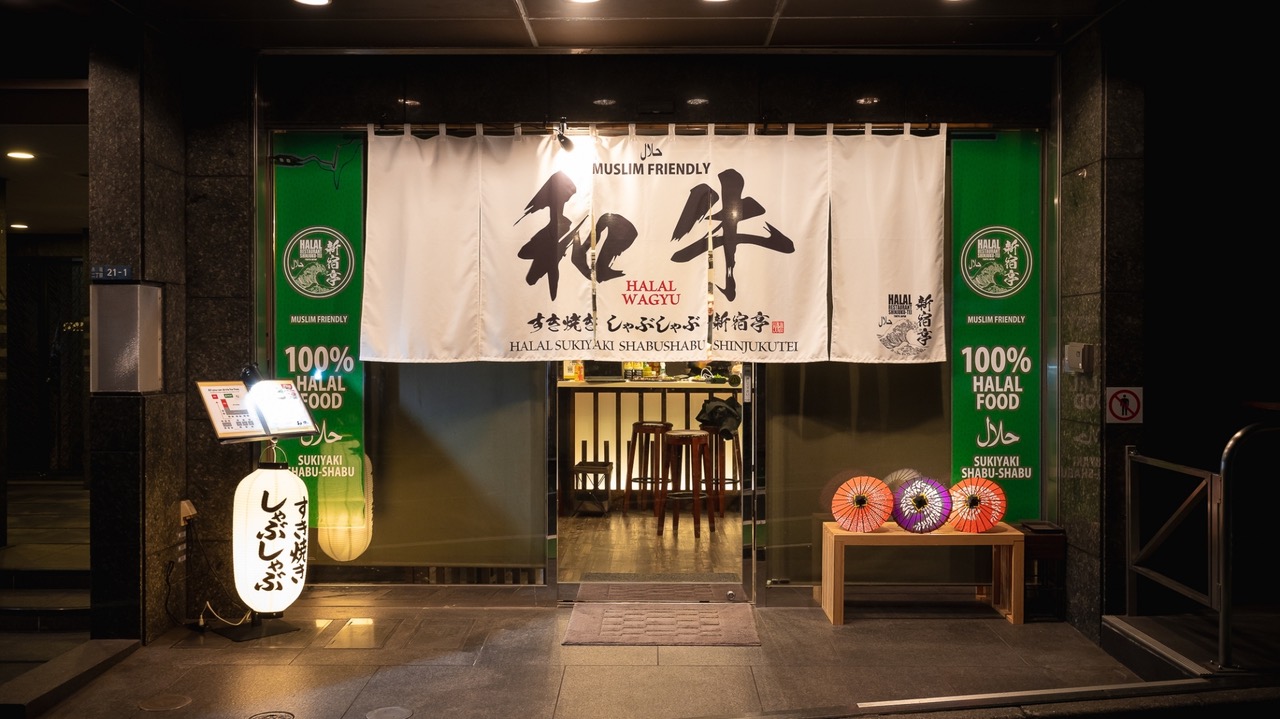
The beginning of Shinjuku Tei was to make more people aware of Japanese culture and Japanese food culture. We wanted to “correctly transmit” what was not being accurately conveyed overseas.
It also prompted all of us to think about the relationship between food and religion. One of the pleasures of visiting Japan for overseas customers is the food. It is perhaps their greatest pleasure and memory. Given this, we are very pleased to be able to quickly reach people who come to Japan to enjoy ramen and wagyu beef. Shinjuku-tei will transmit Japanese food to people around the world who do not fully enjoy it.
<Our thoughts>
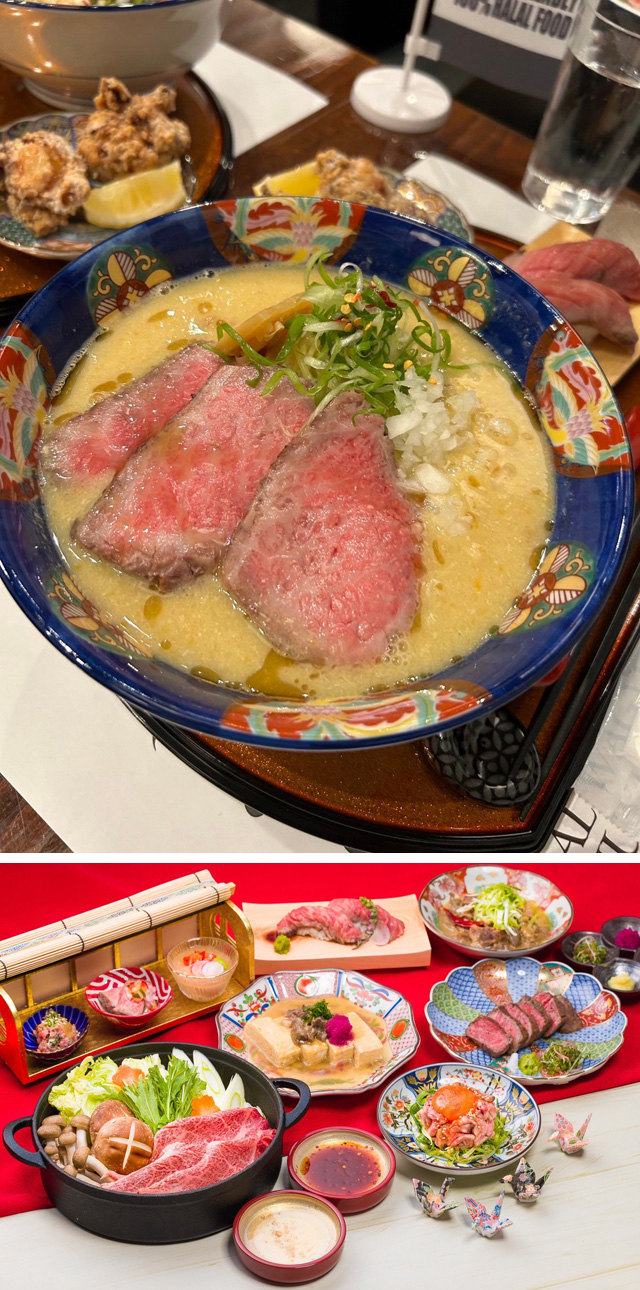
We are very happy to receive positive comments from our customers and find it extremely rewarding to hear the words “thank you.”
We hope that customers will continue to enjoy real ramen, sukiyaki and shabu-shabu in their own countries. We also will continue to produce many Halal series brands in the future.
Of course, there are challenges when crossing oceans, but it is our wish to make more progress and turn the Japanese Shinjuku-tei into the “Shinjuku-tei of the world”.
